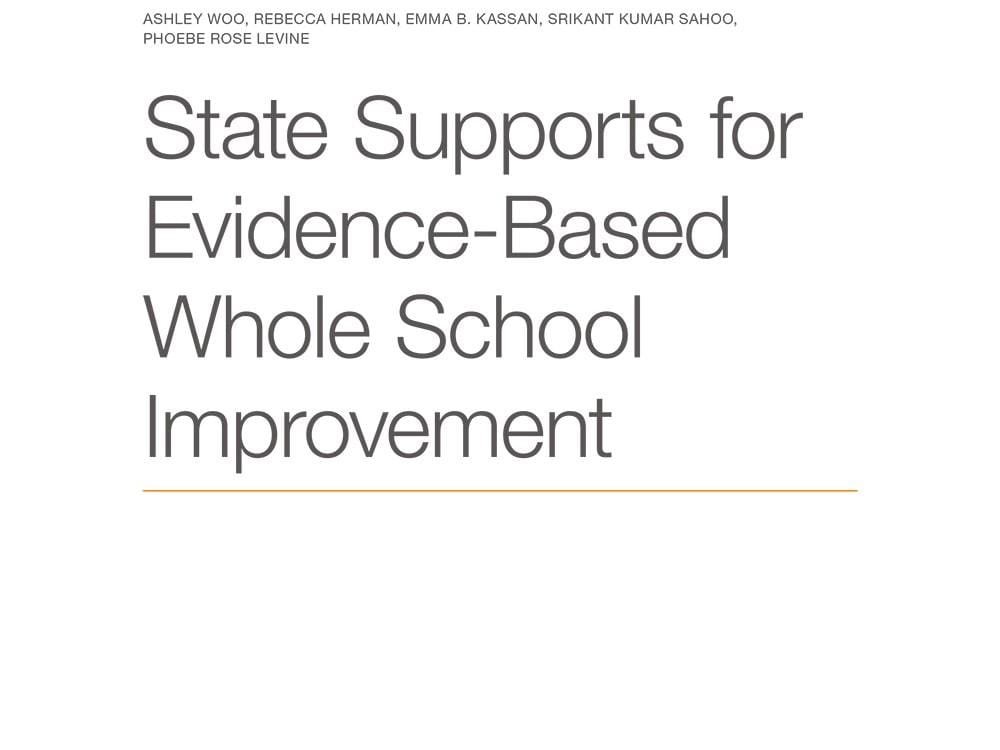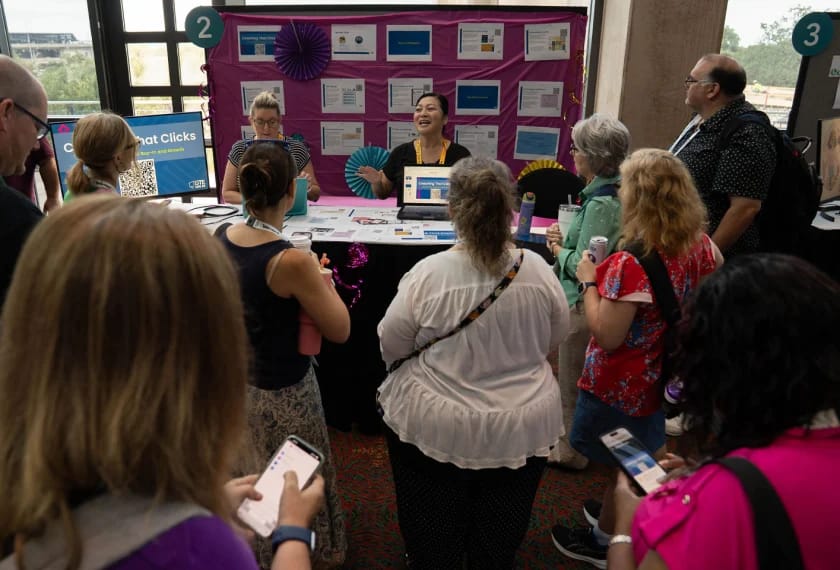- Playground Post
- Posts
- 🛝 Schools Drowning in Research, AI Passing Courses, Tech Coaching
🛝 Schools Drowning in Research, AI Passing Courses, Tech Coaching
What do these mean for educators
Welcome to Playground Post, a bi-weekly newsletter that keeps education innovators ahead of what's next.
Here's what we have on deck for today…
Schools Are Drowning in Research, But Can't Actually Use It
Educators Are Finally Asking: "If AI Can Pass My Course, Is AI the Problem?"
Teachers Resist Tech Coaching Until You Make It Feel Like a Game
Schools Are Drowning in Research, But Can't Actually Use It

In 2008, the What Works Clearinghouse was mockingly called the "Nothing Works Clearinghouse" because there wasn't enough rigorous research to recommend anything.
Fast-forward to today: we've got the opposite problem.
RAND's new analysis of all 50 states found that education leaders now point schools to more than 70 different research repositories and evidence clearinghouses. States are essentially saying "here's everything we could find" and dumping massive lists of resources on already overwhelmed school leaders.
As one researcher put it, reviewing individual studies has become "a labor-intensive activity that often requires the full-time efforts of well-funded and trained researchers." Meanwhile, school principals are expected to somehow sift through competing ratings from 12 different clearinghouses that don't necessarily agree with each other.
Here's what's even wilder: only about 25% of states provide vetted lists of technical assistance providers who could actually help schools make sense of all this research.
Schools desperately need tools and services that translate research into actionable decisions and that focus on building bridges between what we know works and what schools can actually implement.
Educators: "If AI Can Pass My Course, Is AI the Problem?"

The panic about AI cheating in schools is giving way to a much more uncomfortable question. As Indiana University's Justin Hodgson puts it:
"If AI can take your course and pass your course, then maybe AI isn't the problem."
That shift in thinking is driving a massive transformation in how educators approach both AI and creativity. Instead of fearing that AI will replace human skills, research shows educators can successfully use AI to make creative thinking more accessible to students, help them understand problems differently, brainstorm multiple solutions, and explore various ways to communicate ideas.
For education innovators, this represents a fundamental shift in market opportunity. The best solutions won't just integrate AI into existing curricula. They'll help schools completely rethink what they're teaching and how they measure learning in an age where machines can pass traditional tests.
Teachers Resist Tech Coaching Until You Make It Feel Like a Game

"It's always been hard to get teachers to work with us initially," admits Patricia Ferris, a technology integration specialist in Illinois. "They don't really know about you. They don't know what you do. They don't really know if they need that coaching."
The challenge is real: teachers exist on vastly different points of the technology spectrum, from those terrified of new digital tools to those convinced they already know everything about tech. Getting them to engage with coaching feels impossible.
But tech coaches are cracking the code with surprisingly simple gamification strategies. Ferris and her colleague Stacie Tefft shared their winning approaches at the recent ISTE conference, and the results speak for themselves.
The bite-sized approach works because it meets teachers where they are. "They're like, 'Oh, I didn't really know technology could do this,' or 'My students are excited to learn with some of this tech integration,'" Ferris explains. "Once you get the hook and the buy-in, they want to keep working with you."
For education innovators, this reveals a critical insight: teachers don't need more complex platforms. What they need is better onboarding experiences. The opportunity lies in building professional development tools that feel more like games than training, making technology adoption feel achievable rather than overwhelming.
We'll be back with another edition on Friday. See you then!
To stay up-to-date on all things education innovation, visit us at playgroundpost.com.
What did you think of today’s edition? |